|
hua tuo wuqinxi, one of the national intangible cultural heritages, originated from bozhou, anhui province. cao wenhuan is the representative inheritor of this national intangbile cultural heritage. it is said that the wuqinxi was created by the greatest medical scientist, hua tuo, from the eastern han dynasty, it inherited ancient guided regimen and obeyed rules of chinese traditional medicine, such as yin and yang and five elements, visceral manifestations, meridians, and qi and blood, and also observed poses of animals. finally, hua tuo has compiled a series of health preservation and fitness methods according to the images of tiger, deer, ape, bear, and bird. 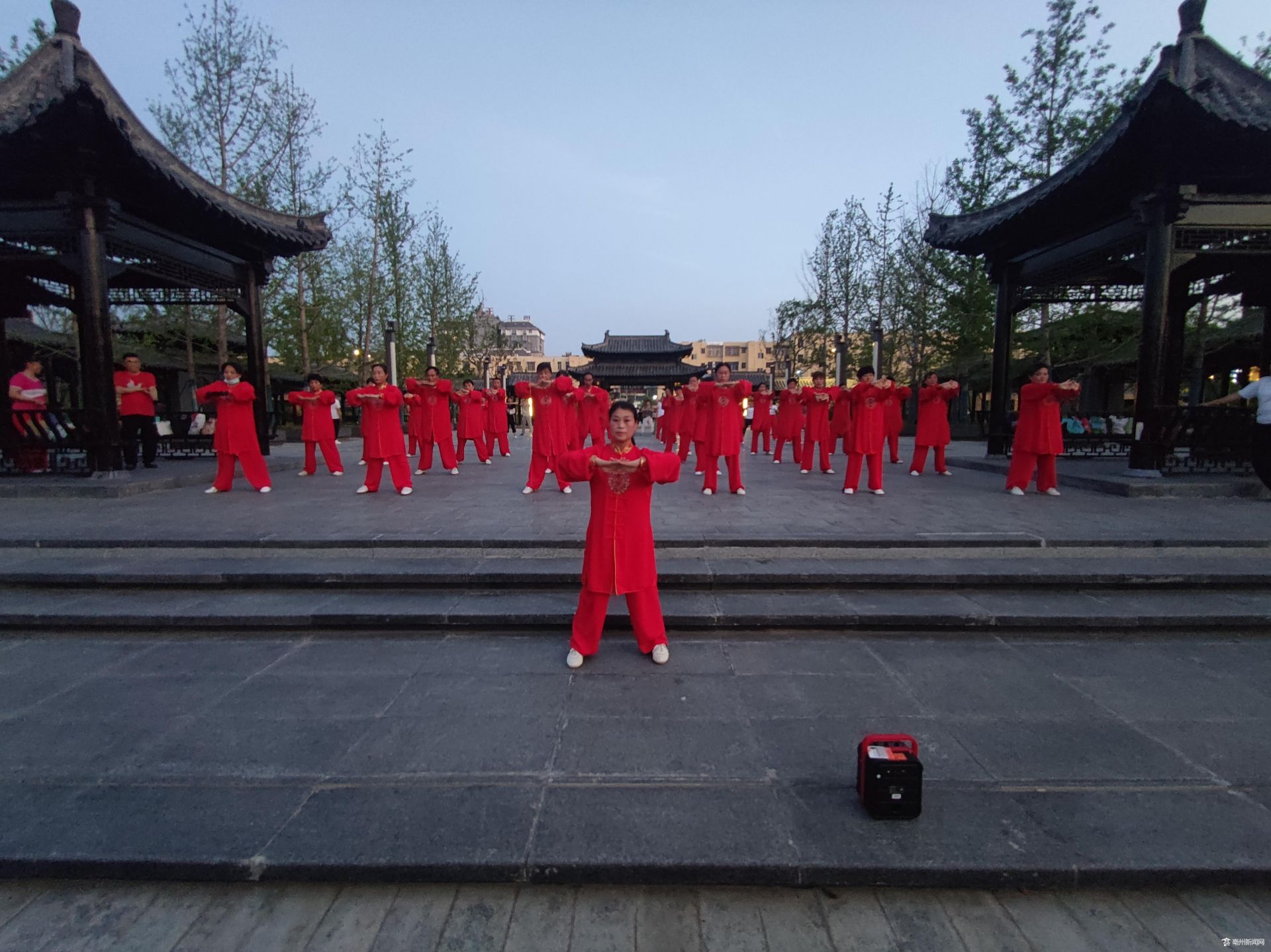
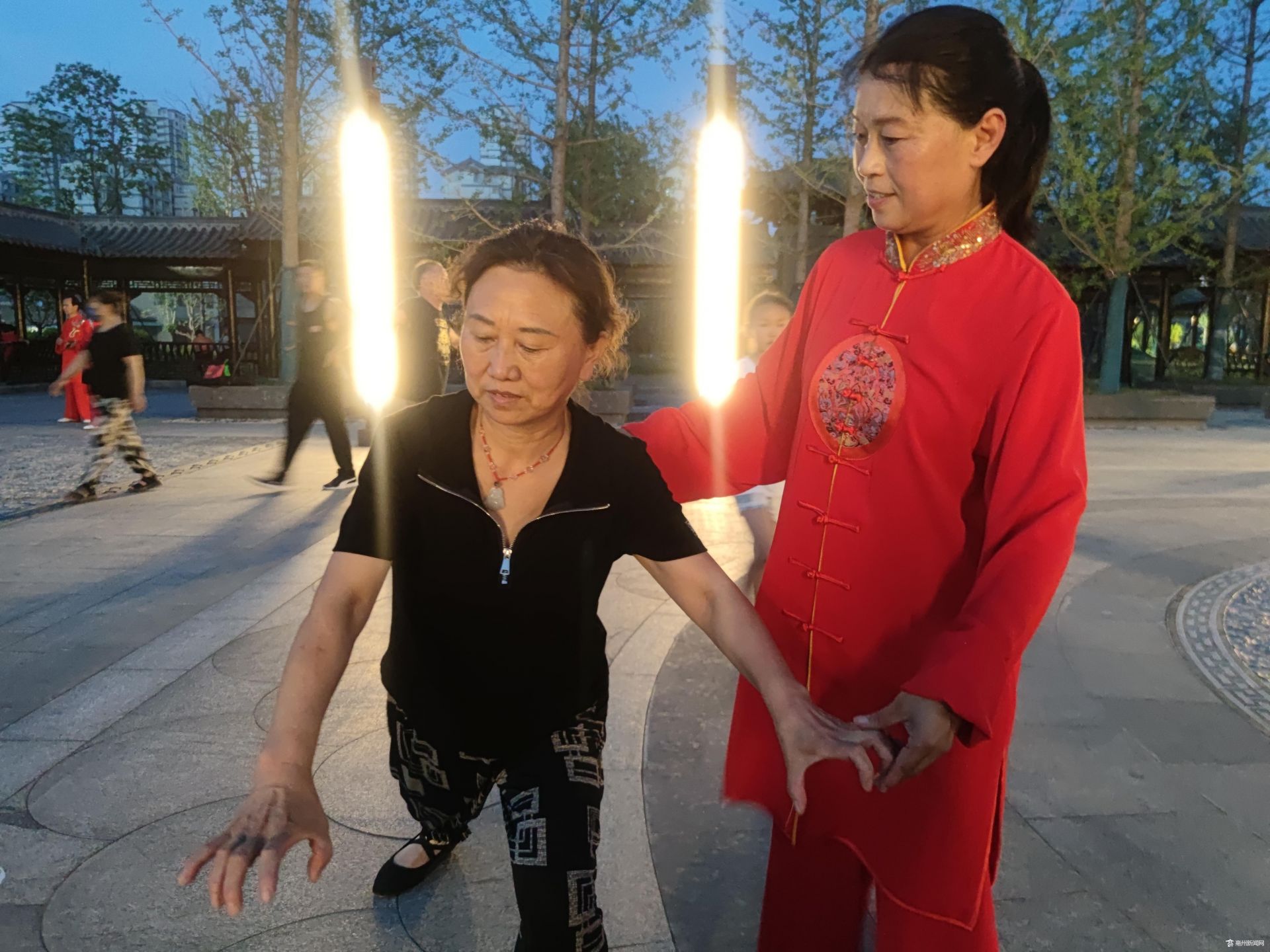
the earliest records of wuqinxi appeared in “the history of the three kingdoms” written by chenshou in the western jin dynasty. it was popular in the song and yuan dynasties, great ancient writers such as sun simiao, liu zongyuan and lu you, described and discussed its mechanism and applicable scene in details. in ming and qing dynasties, the number of related monographs increased significantly. during the republication period, the wuqinxi mainly spread in hua tuo’s hometown and surrounding areas. later, the wuqinxi has been carried forward by successive generations. 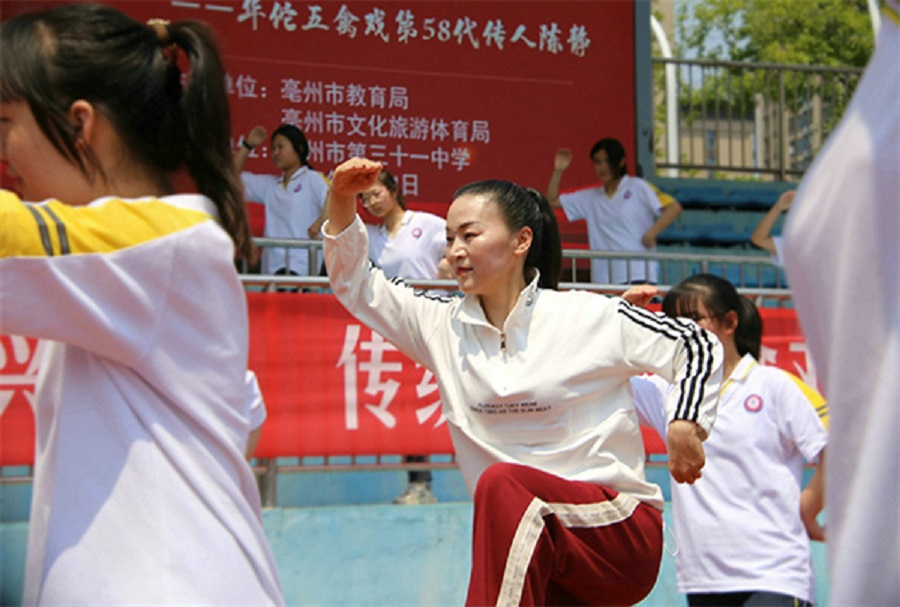
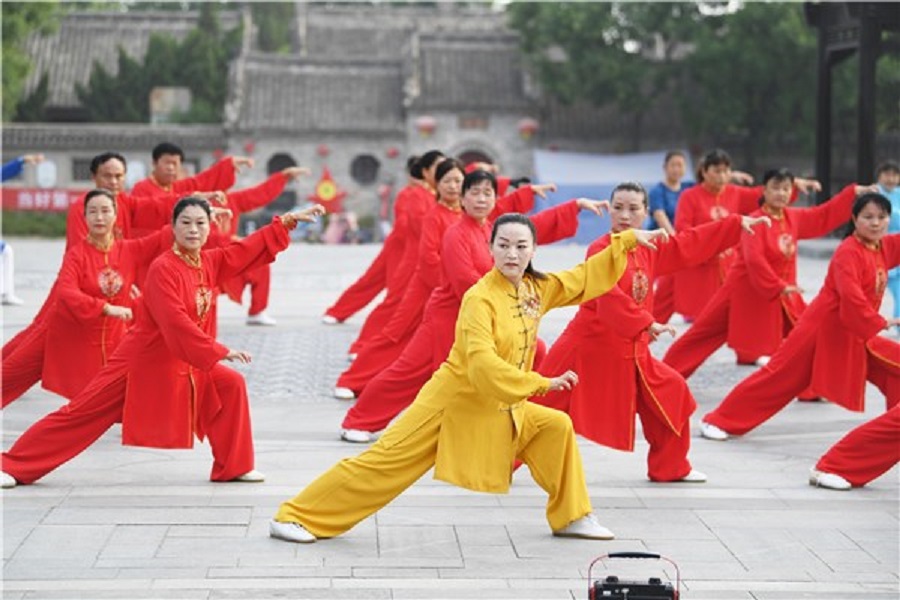
hua tuo wuqinxi reflects the development and changes of people’s fitness culture in china, it not only pioneered the sports medical treatment of dispelling disease and gaining fitness, but also showed the profound culture of the philosophy of health preservation and taoist culture. meanwhile, it has important historical value and health care value. 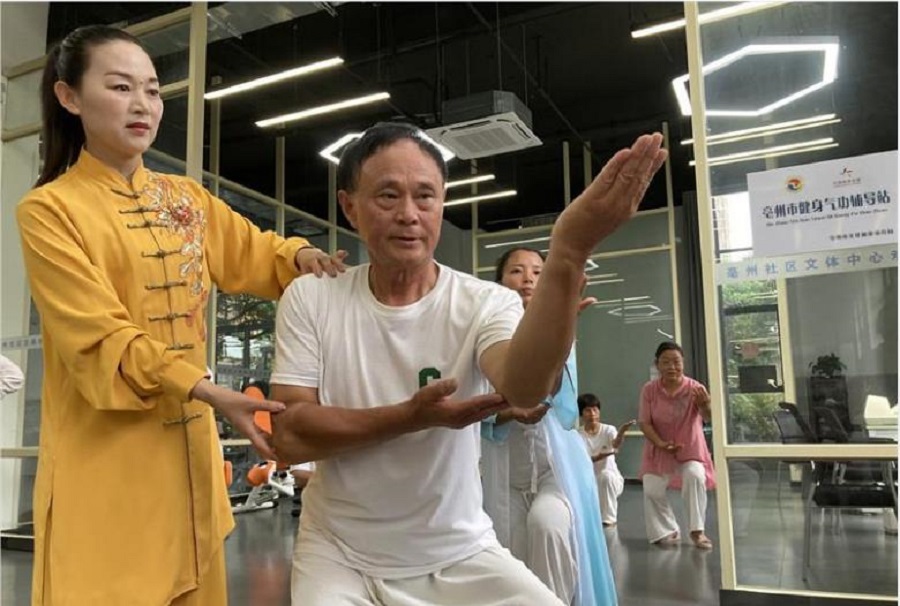
entries: 1.hua tuo wuqinxi 2.national intangible cultural heritage 3.bozhou 4.cao wenhuan 5.representative inheritor of national intangbile cultural heritage 6.great medical scientist of the eastern han dynasty 7.hua tuo 8.traditional chinese medicine 9.ancient guided regimen 10.yin and yang and five elements 11.visceral manifestations 12.meridians 13.qi and blood 14.tiger, deer, ape, bear, and bird 15.health preservation and fitness method 16.chen shou 17."the history of the three kingdoms" 18.sports medical treatment 19.the philosophy of health preservation 20.taoist culture
|